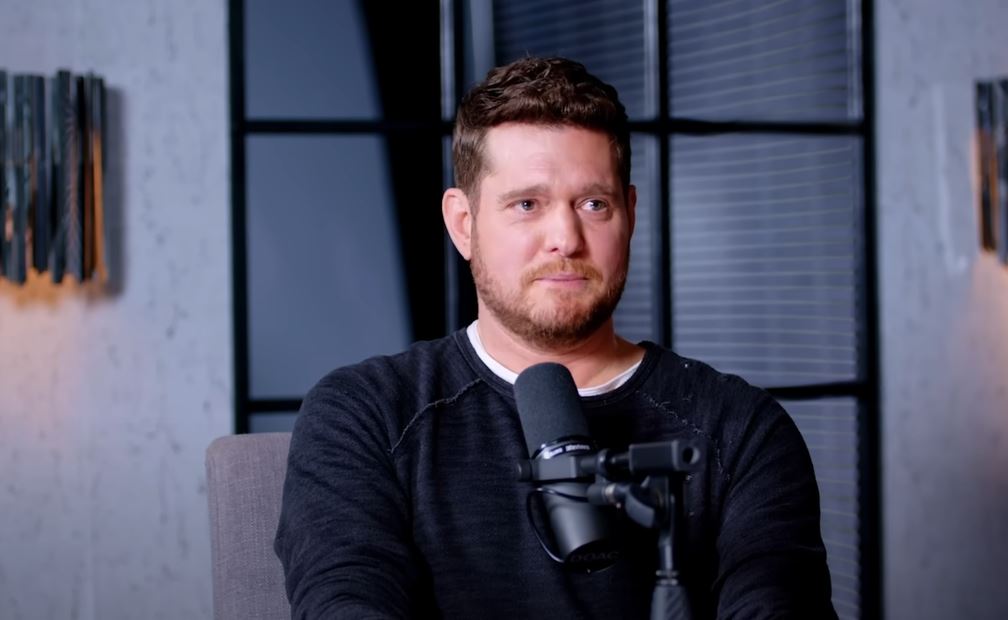
Estimates of Michael Bublé’s wealth range from $100 to $150 million, reflecting a career that has been exceptionally successful in fusing modern pop with classic jazz traditions. He has become a household name thanks to his ability to continually recreate classics while releasing new originals, especially in December when his Christmas album returns with remarkably similar vigor each year.
Bublé has a career characterized by consistent growth from his first significant break in 2003, while being mentored by David Foster. Albums like Call Me Irresponsible and It’s Time won numerous Grammy Awards, sold millions of copies worldwide, and established themselves as cultural icons. These ventures helped people rediscover the beauty of big-band sounds in an era dominated by digital beats. They were not only commercially successful but also remarkably clear in their creative orientation.
Michael Bublé Net Worth
| Detail | Information |
|---|---|
| Full Name | Michael Steven Bublé |
| Birthdate | September 9, 1975 |
| Birthplace | Burnaby, British Columbia, Canada |
| Height | 5’10” (1.78 m) |
| Profession | Singer, Songwriter, Record Producer, Actor |
| Estimated Net Worth | $100–150 million (2025) |
| Income Sources | Album sales, world tours, endorsements, hockey team ownership |
| Awards | 4 Grammy Awards, 12+ Juno Awards |
| Spouse | Luisana Lopilato (m. 2011) |
| Children | Four (Noah, Elias, Vida, Cielo) |
Another source of funding has been live performances. His tours have been especially profitable, frequently bringing in well over $100 million worldwide. His comedy, charm, and emotive delivery captivate audiences, making his presentations remarkably adaptable and effective in maintaining his brand appeal. Bublé’s concerts are incredibly successful across a wide range of age groups because he depends on personality and musicality rather than gaudy graphics as many other performers do.
One of his most prized possessions is still the 2011 Christmas record. Financially speaking, it is incredibly resilient, continuing to sell well during each holiday season and earning royalties that most artists can only imagine. This repeated success is strikingly comparable to Mariah Carey’s eternal holiday hit, proving that classic music can become a profitable commercial strategy.
Brand collaborations and endorsements have significantly enhanced his portfolio. His influence went beyond music with deals with Starbucks, Fiat, and Bubly sparkling water. In addition to being extremely inexpensive for PepsiCo, the Bubly campaign—which was especially creative in its play on his last name—was also astonishingly successful in raising Bublé’s prominence and the brand’s awareness.
In order to realize a childhood desire and diversify his sources of income, Bublé also owns a portion of the Vancouver Giants hockey franchise. This investment, which combines his love of hockey with astute commercial acumen, is incredibly resilient. His affiliation with the sport is indicative of a broader trend in which musicians are investing in sports teams; this tendency is remarkably comparable to that of Jay-Z and Justin Timberlake.
Public admiration has been formed by his own path. Bublé put his career on hold after learning that his little son Noah had cancer in 2016. This decision greatly decreased his income but enhanced his reputation as a loving father. Support for his comeback to music was tremendous, and his tale served as a reminder to followers that priorities, not just money, are what truly define success.
Bublé has led a modest life in spite of his enormous wealth. Despite having a net wealth of over $100 million, his decision to send his kids to state schools demonstrates principles that are incredibly obvious and universal. It is quite similar to the decisions taken by celebrities like Adele and Ed Sheeran, who, in spite of their tremendous renown, also aim to provide their kids a normal life.
Another aspect of his legacy is philanthropy. Bublé has used his position to raise money and awareness for cancer research and children’s hospitals, making major contributions to these causes. In addition to being quite effective at fostering goodwill, these actions are very creative at relating individual adversity to the greater good of society.
Bublé’s wealth is steady and remarkably resilient when compared to his peers. His reliance on ageless music, consistent touring, and wise investments ensures that his fortune grows at a noticeably faster pace than that of many pop musicians, who suffer from unstable financial fluctuations. His career path is remarkably similar to that of performers such as Josh Groban and Andrea Bocelli, whose work continues to make money long after it is first released.
